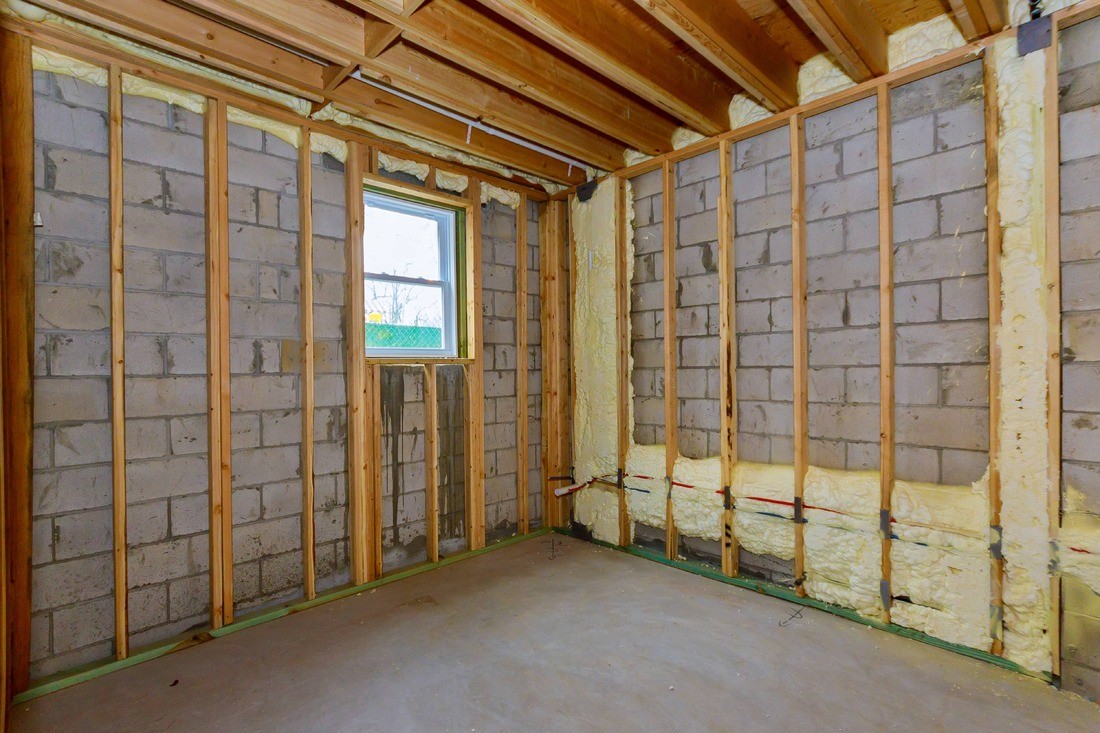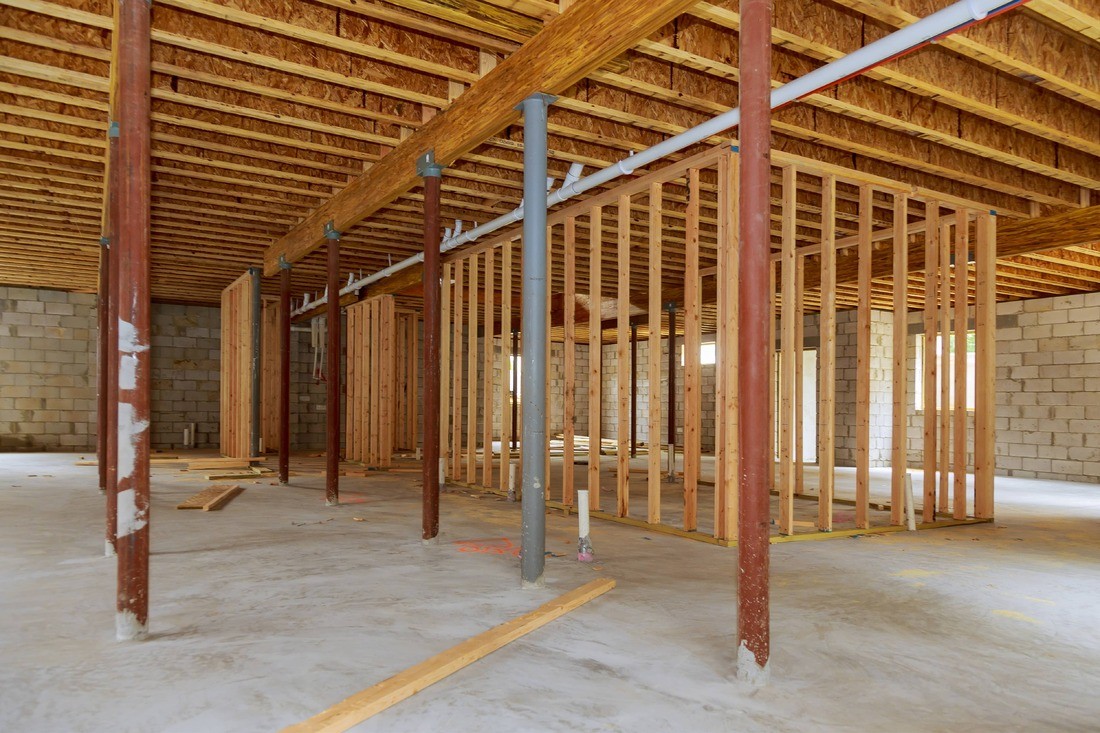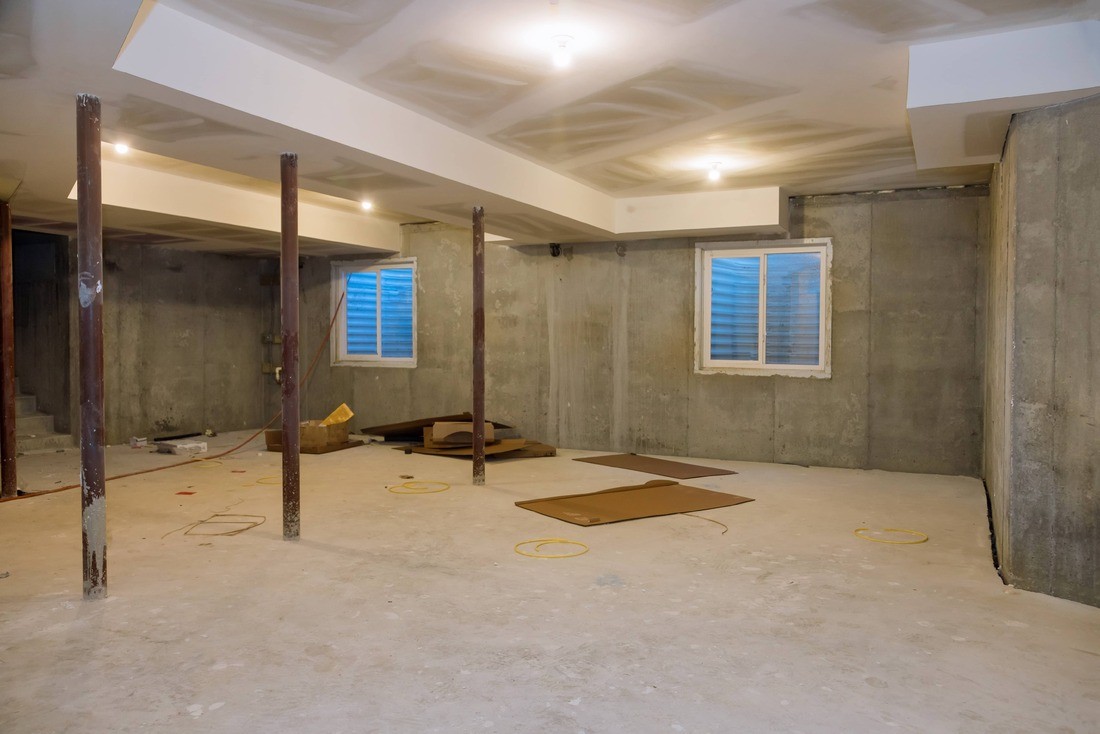
Causes of Cracks in Basement Walls and Floors
Cracks in basement walls and floors can be caused by various factors, including:
- Poor construction practices
- Settling of the foundation
- Hydrostatic pressure from groundwater
- Expansive soils
- Freeze-thaw cycles
- Excessive moisture or humidity

It’s important to identify the underlying cause of the cracks in order to determine the most appropriate repair method.
Signs of Cracks in Basement Walls and Floors
Signs of cracks in basement walls and floors may include:
- Visible cracks of varying sizes
- Leaking or seepage of water through the cracks
- Bowing or bulging walls
- Uneven or sloping floors
- Sagging or cracking of interior finishes, such as drywall or tiles
It’s important to address these signs promptly to prevent further damage and potential hazards.

Repair Methods for Cracks in Basement Walls and Floors
The appropriate repair method for cracks in basement walls and floors depends on factors such as the size and severity of the cracks, the underlying cause, and the type of foundation.
1. Injecting Epoxy or Polyurethane
Epoxy or polyurethane injections are commonly used for repairing smaller cracks in basement walls. The process involves injecting the material into the crack, which helps seal it and prevent further water intrusion.
2. Installing Carbon Fiber Straps
Carbon fiber straps can be installed on basement walls to reinforce and stabilize them in cases of structural cracks or bowing walls. This method helps distribute the pressure evenly and prevents further movement or bowing.
3. External Waterproofing
If the cracks in the basement walls are caused by hydrostatic pressure or groundwater intrusion, external waterproofing may be necessary. This involves excavating the perimeter of the foundation, applying a waterproof membrane, and installing a drainage system to redirect water away from the foundation.
4. Interior Drainage Systems
In cases where the cracks are causing water seepage or flooding in the basement, installing an interior drainage system can help collect and redirect the water to a sump pump for removal. This method helps prevent further damage to the walls and floors.
5. Replacing Damaged Concrete
If the cracks in basement floors are extensive or the concrete is severely damaged, it may be necessary to remove and replace the damaged sections. This can ensure a solid and stable foundation for the basement.
Tips for Preventing Cracks in Basement Walls and Floors
While it may not be possible to completely eliminate the risk of cracks in basement walls and floors, there are measures you can take to minimize the likelihood:
- Ensure proper drainage around the foundation to prevent water accumulation
- Maintain a consistent moisture level in the basement through proper ventilation and dehumidification
- Address any signs of foundation settlement or shifting promptly
- Regularly inspect the basement for signs of cracks or structural issues
- Avoid heavy loads or excessive pressure on basement floors
By implementing these preventive measures, you can reduce the risk of cracks and damage to your basement walls and floors.
Conclusion
Dealing with cracks in basement walls and floors requires a thorough understanding of the causes, signs, and appropriate repair methods. By addressing these issues promptly, you can prevent further damage and maintain the integrity of your basement. If you’re unsure about the severity of the cracks or the appropriate repair methods, it’s best to consult with a professional basement repair contractor.



